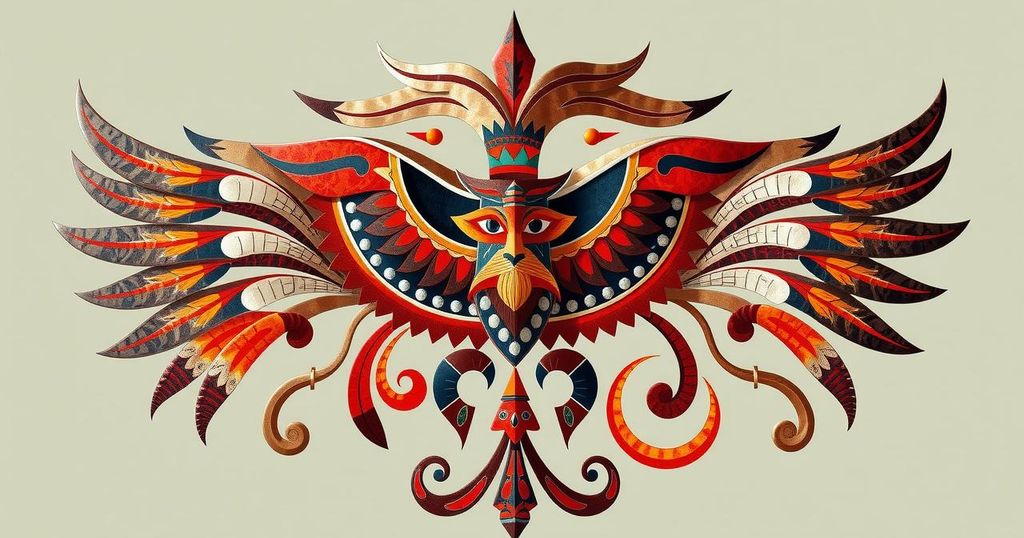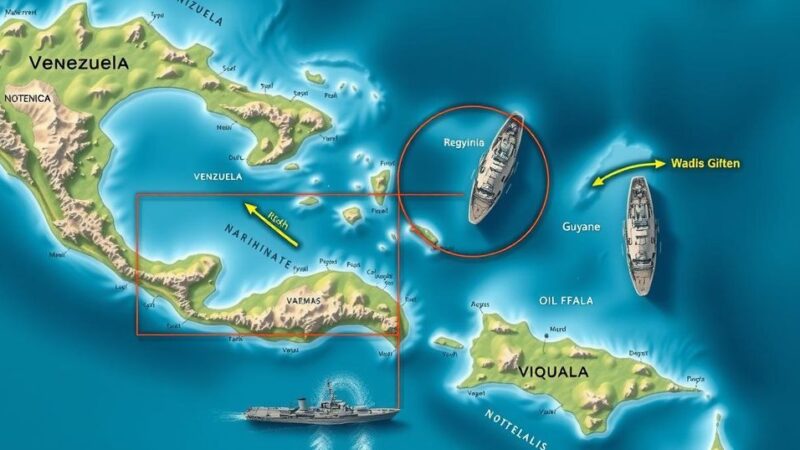Solomon Weawea, Executive Director of LNHCDA, raises critical questions about the historical recognition of the Mandingo and Fula tribes in Liberia, and challenges the traditional narrative surrounding Sao Boso Kamara. He emphasizes the need for a reevaluation of Liberia’s history and highlights the contributions of indigenous communities to the nation’s development.
In a recent discourse, Solomon Weawea, the Executive Director of the Liberia National Heritage and Culture Development Association (LNHCDA), has sparked a significant debate regarding the historical recognition of the Mandingo and Fula tribes, as well as the leadership legacy of Sao Boso Kamara. Weawea emphasized that, although Liberia consists of 16 tribes, the Mandingo tribe lacks a designated headquarters, and the Fula tribe is notably absent from the list of officially recognized tribes, indicating critical gaps in their recognition within Liberia’s political and cultural context.
Moreover, Weawea raised pertinent inquiries about Sao Boso Kamara, referencing him as “Liberia’s first president.” He posed pivotal questions such as the nature of Kamara’s familial connections and his historical significance. Kamara, renowned as King Sao Boso or King Boatswain, was an influential Mandingo leader and Muslim cleric predating the arrival of American settlers. He significantly contributed to the Condo Confederation, fostering unity among various ethnic groups for safe trade passage between Liberia’s interior and coastal regions.
Weawea’s assertion regarding Kamara challenges the conventional narrative that Joseph Jenkins Roberts was Liberia’s first president, prompting a reevaluation of indigenous leaders’ roles in the country’s early governance. The absence of well-documented familial ties to Kamara raises concerns over the accuracy of Liberia’s historical records. Weawea underscored the marginalization of the Mandingo and Fula tribes within historical accounts, despite their substantial contributions to Liberia’s development.
Additionally, Weawea questioned the perceived influence of the Mandingo tribe in Liberia’s early capital and the reasons for their declining prominence. His inquiries advocate for a deeper exploration of the history and impact of the Mandingo tribe on Liberia’s foundation. By discussing these crucial issues, Weawea encourages a scholarly re-evaluation of Liberia’s history, emphasizing the need to document and preserve the contributions of indigenous leaders and communities throughout the nation’s past.
Concluding his remarks, Weawea stated, “We decoded a missing piece of Liberian history and more,” which reflects the LNHCDA’s commitment to illuminating the often-overlooked aspects of Liberia’s rich cultural heritage.
Solomon Weawea’s inquiries into the historical recognition of the Mandingo and Fula tribes and the legacy of Sao Boso Kamara underscore significant gaps within Liberia’s political and cultural narratives. His challenge to traditional historical perspectives prompts a necessary reexamination that acknowledges the important contributions of indigenous leaders. Weawea’s efforts to explore and preserve the diverse cultural heritage of Liberia signal a vital step towards inclusivity in the historical record.
Original Source: frontpageafricaonline.com






